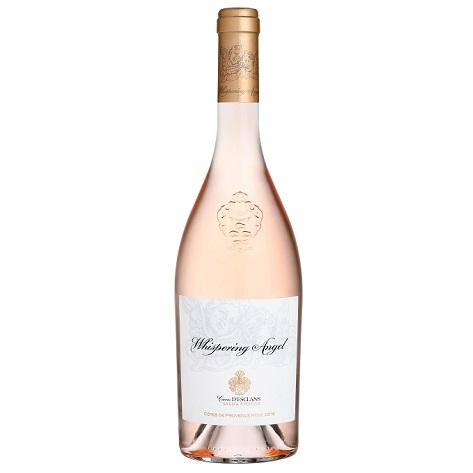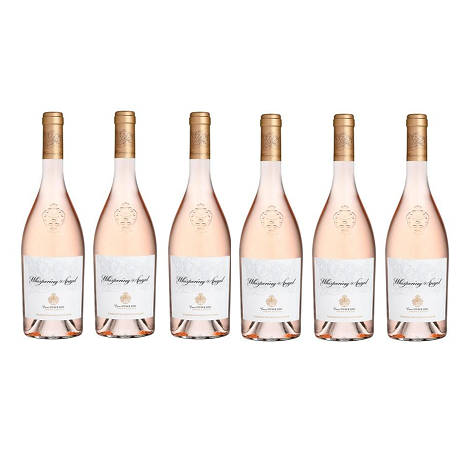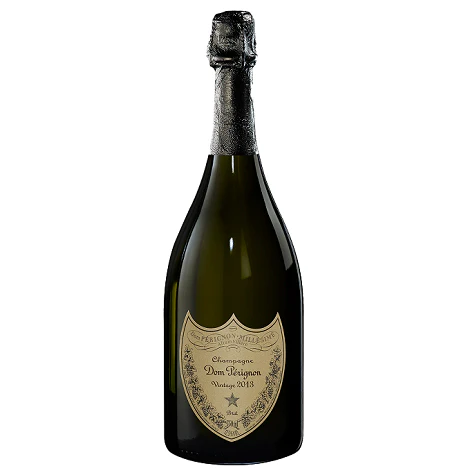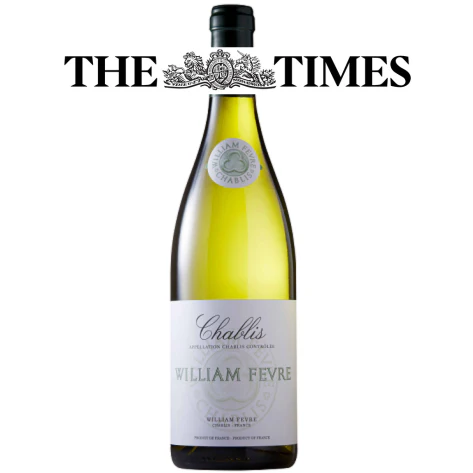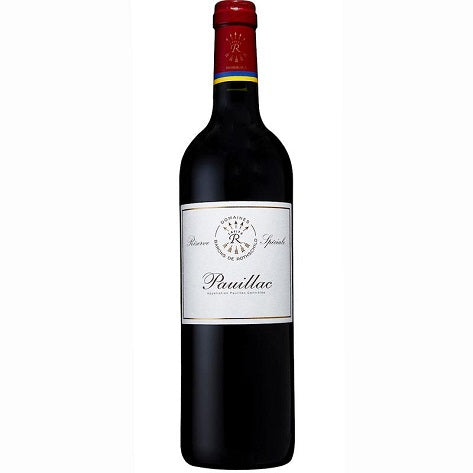Whispering Angel Rosé 2024 - New Release
£16.50 per bottle (6 bottle case)
£23.95 per bottle
ABV 13%
We are delighted to be able to offer Sacha Lichine's amazing new Whispering Angel Rosé 2024 bottles for immediate delivery.
Matthew Jukes First Taste 2024 vintage:
As I talked with Sacha, he let me into a secret. He thinks 2024 is one of the finest vintages he has ever seen in Provence. And, if this wine is anything to go by, he is right. This is a seamless, languid, soothing Whispering Angel with terrific balance and immediate appeal. Sometimes, this wine takes a couple of months to get into its stride. Sometimes, it misses summer altogether, falling into equilibrium in time for turkey at Christmas, although I suspect no one notices or even cares! In 2024, it is impeccable from the off. This is justifiably the most famous / best value rosé in the world and if anyone still thinks otherwise, one sip of this beguilingly lip-smacking wine will change their minds – Chapeau!
Matthew Jukes, 12th March 2025
"I have never really understood why so many people knock Whispering Angel Rosé. This pioneering winery raises the bar every year and this newly released 2023 is sensational. Already open and alluring, ‘23 is a precocious vintage which (for once) will hit its peak this summer and no doubt hold for a year or two after. Rose petals, rhubarb and pomegranate lead the perfume and a sensual and succulent palate follows, topped with teasing, palate-pinching acidity. Don’t knock it until you have tasted it."
Matthew Jukes, 15th March 2024
"(2024) 'Tall poppy syndrome' refers to the tendency for some people to cut successful entities 'down to size'. There's no doubt that the mega-brand of Whispering Angel suffers from that; some commentators claiming it is over-priced and intrinsically 'nothing special.' Having tasted the wine vintage after vintage for most of its 18 year history, I disagree and the 2023 is as good, if not better, than ever. Blended from old vine Grenache, Cinsault and Rolle, it's made in stainless-steel with lees-stirring. The peachy-pink colour heralds such an attractive nose, with watermelon and small red berries, passion fruit and downy peach skins. Dry but delightfully peachy and fresh, a hint of strawberry and then confit lemon is buoyant and rounded. That texture and fruit is extended by perfectly balanced acidity."
Tom Cannavan, wine-pages.com, 17th June 2024
We are delighted to be the first UK merchant to offer Sacha Lichine's amazing new Whispering Angel Rosé 2023 in bottle format available for immediate delivery. The wine has just arrived from Chateau d'Esclans, also there is a new case design for this vintage and the brand is now owned by LVMH (Moët Hennessy Louis Vuitton).
Quotes from previous vintages-
“Always delicious”
James Suckling
“Chewy and mouthwatering”
Decanter
“Very clear and clean and will gain flavours during the year”
Steven Spurrier
“You could drink it from mid-day to midnight”
Matthew Jukes
“It’s hard to find fault with this sensational rosé”
The Times
About Château d’Esclans
Chateau d’Esclans is located on an exceptional site, on elevated land near the Gorges de Pennafort, twenty five kilometers northwest of the ancient Roman city of Frejus on the Mediterranean coast. The first traces of the chateau’s site date back to Gaullist times during which its location served as a lookout point to spot intruders coming by boat into the Gulf of Frejus. The chateau’s cellar structure or foundation (known today as the oldest in the region) housed an original Chateau that was given by the Comte de Provence to Gérard De Villeneuve, in 1201. The current chateau, inspired by Tuscan Villa design, was built during the mid 19th century.
Château d’Esclans lies in the center of the Department of the Var, where the majority of Provence AOC rosé is produced. The land was occupied as long as 2500 years ago when it was probably used as a lookout point for intruders sailing into the Gulf of Frejus. The original château—of which now only the cellar remains—dates back to before the 12th century. In 1201, Gérard De Villeneuve, part of a wealthy family from Marseille, took ownership of the château and the majority of the surface area of the Vallée d’Esclans that would eventually be sold off in lots. Two brothers, Sauver Louis Ranque and Francois Alexandre Ranque, were the next to own the château, known then as Terre d’Esclans.
In 1875, they sold the property to Joseph Toussaint Caussemille, who manufactured wooden matches near Marseilles. In 1955, the Perraud family owned the property until 1994. At that time, it was purchased by a Swedish pension fund that produced a small amount of wine and the remaining grapes were sold to neighboring winemakers. Sacha Lichine aquired Château d’Esclans in 2006. Today there are 108 acres (44 ha) of vineyards. The total proprety has 659 acres (267 ha).
The primary grape grown on the property is Grenache followed by Vermentino. Other grapes include Cinsault, Merlot, Mourvèdre, Syrah, and Tibouren. The château is known for its old Grenache vines which produce grapes that offer greater concentration of flavor than do the younger vines. As the elevation to where the lots are situated increases, so do the age of the vines. At the highest elevated lot vines are as old as 90 years.


